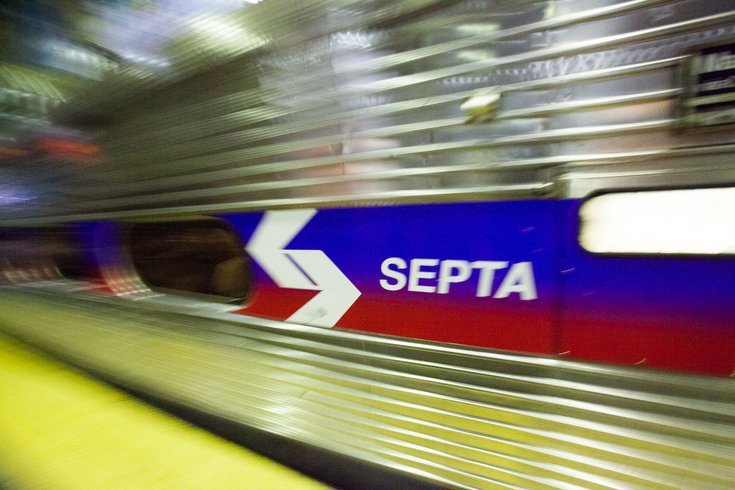
October 26, 2023
 THOM CARROLL/for PhillyVoice
THOM CARROLL/for PhillyVoice
A SEPTA worker strike would shut down the subway lines and city bus and trolley routes. Regional Rail, the Norristown High Speed Line and suburban bus and trolley routes would still be operational.
Thousands of SEPTA workers could go on strike next week if they can't reach a new contract agreement with management by Oct. 31.
Earlier this month, Transit Workers Union Local 234 – which represents more than 5,000 SEPTA employees – voted to authorize a possible strike in the event that their contract expires at the end of the month without a new one in place. So far, contract negotiations have yet to yield a new deal.
TWU Local 234 members are calling for pay increases that account for inflation, higher wages for newer employees and a safer working environment in light of the recent string of crashes involving SEPTA vehicles and an uptick in unruly and violent behavior on some of the authority's transit lines.
SEPTA workers last went on strike in 2016. City buses, trolleys and the two subway lines stopped running for six days. SEPTA has been called the most strike-prone transit agency in the United States. Workers have walked off the job at least 10 times since 1971.
SEPTA is advising riders to prepare for the possibility of strike beginning Wednesday, Nov. 1. If that happens, the Market-Frankford and Broad Street lines will stop operating. So will all bus and trolley routes within the city limits.
The Norristown High Speed Line and Regional Rail trains will still be operational, the transit authority said. Suburban buses and trolleys that include stops in Philadelphia will be rerouted and have schedule changes.
Regional Rail express trains may make some additional stops to cope with the anticipated uptick in passengers, but otherwise Regional Rail lines will operate according to their current schedules. To help minimize overcrowding, SEPTA will ask passengers to wait in line on the concourse level rather than on the platforms and employ additional ambassadors to guide passengers through any potential confusion or inconvenience.
This is good news for commuters who travel in and out of the city from places that are served by the Regional Rail system – and may be helpful to anyone who just needs to travel between Temple University in North Philadelphia, Center City and 30th Street Station in West Philly.
But for those who normally rely on the SEPTA's subway lines, buses and trolleys to get around within the city, a strike would be considerably more disruptive.
Like a SEPTA bus blocking traffic, there's really no way around it: A transit worker strike would be enormously inconvenient for much of the city's population. Even though ridership has been down since the COVID-19 pandemic – passenger volume in August was only 64% of pre-pandemic levels – SEPTA is still the sixth-largest public transit system in the United States and it serves a city of 1.5 million people.
If history is any indication, a SEPTA strike would result in more people relying on other modes of transportation – especially bikes and ride-sharing apps like Uber and Lyft.
When SEPTA workers went on strike in 2016, the city's streets saw a big increase in people riding bikes, according to data recorded by the Bicycle Coalition of Greater Philadelphia. The Chestnut Street Bridge saw a 37% increase in morning commuters on bikes compared the year before. During one morning rush hour, a segment of Market Street saw an average of 133 bikes per hour – a 75% increase year-over-year. During an earlier SEPTA strike in 2009, there was a 38% increase in the number of people riding bicycles in the city.
The Bicycle Coalition has not put out a statement regarding a potential strike this year – nor did they immediately respond to an inquiry from PhillyVoice. But the urban cycling advocacy group historically has stepped up to help enable more bike-riding when there's a transit strike. In 2016, the group published tips for first-time cyclists, organized group rides into Center City and hired more volunteers to help the influx of new cyclists get the hang of things.
If biking around on city streets with higher-than-normal levels of traffic doesn't sound appealing to you, there's always taxis, Uber and Lyft. The ride-sharing apps tend to see a surge in passengers during transit strikes, although that increased demand often comes with a surge in prices too.
For people with cars, driving is another option, but remember that road traffic likely will be higher, too.